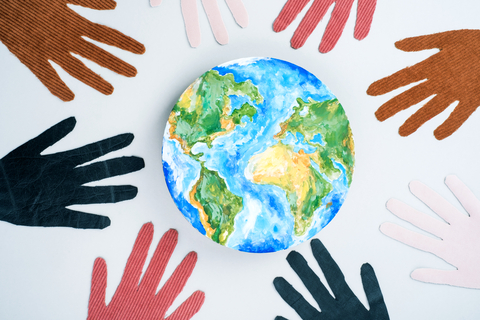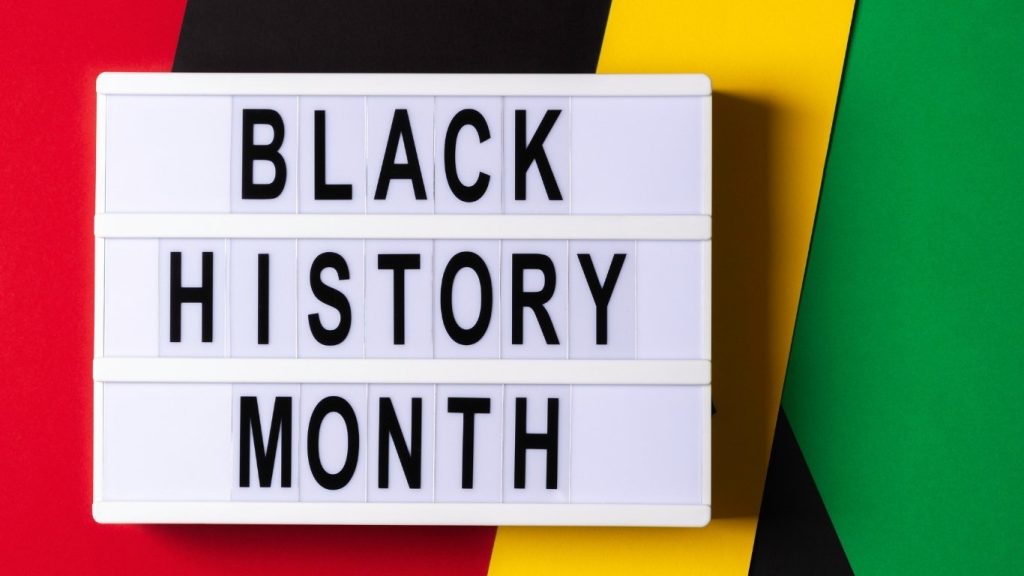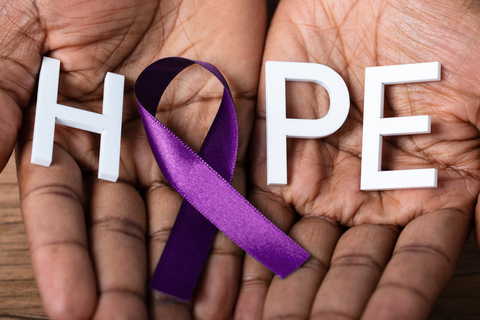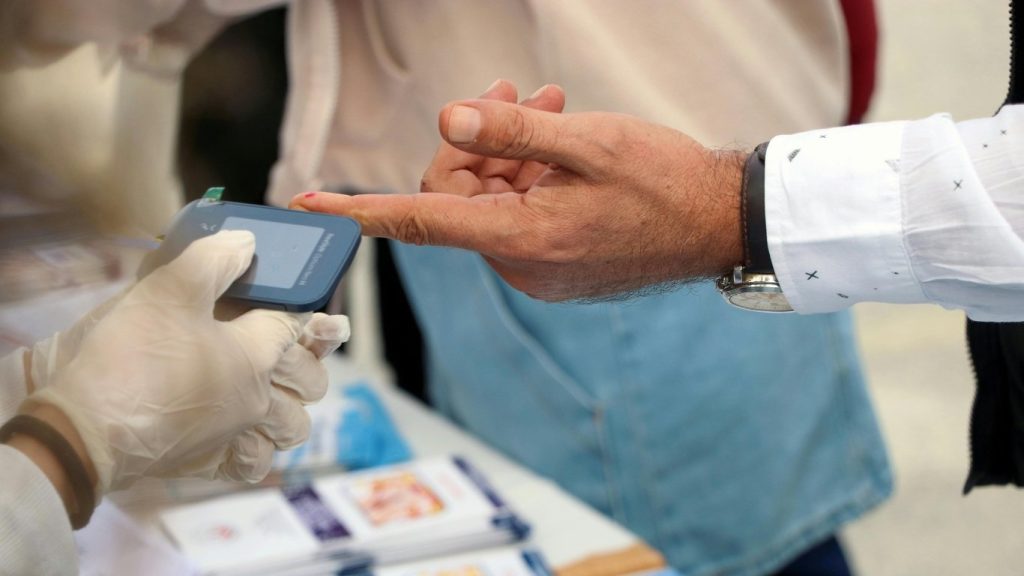
- By Adjoa Kyerematen
By Adjoa Kyerematen, Vice President of Communications & Public Affairs at NMQF, and mother of three under the age of seven
As both a communications professional and a mom, I know how overwhelming it can feel to sort through the noise around vaccines. Every day, parents are bombarded with conflicting messages on social media, at work, and even in our own families. I’ve felt that tension myself — wanting to protect my children, while also sifting through a storm of misinformation.
That’s why the latest guidance from the American Academy of Pediatrics matters so much. These are the doctors who sit with us in exam rooms, who check our babies’ fevers, who calm our worries late at night. Their decision to clearly recommend Covid-19 shots for young children is not about politics. It’s about protecting kids — especially children of color, who have carried a heavier burden of this virus.
As a mother of three under seven, I think about how quickly something like Covid can spread through my household. I think about my parents, my neighbors, and the elders in our community who are more vulnerable. And I’m grateful when trusted pediatricians make sure parents like me have clear information rooted in science, not rumor.
For many parents, especially in Black and Brown communities, conversations about vaccines can feel complicated. Misinformation is everywhere, and it’s easy to feel uncertain about what’s true. But this week, the nation’s leading group of pediatricians – the American Academy of Pediatrics (AAP) – released new guidance that directly affects our children.
What’s New
The AAP is now recommending Covid-19 shots for infants and young children. This advice is different from the current guidance from the Centers for Disease Control and Prevention (CDC), which has recently become more cautious and less clear.
Pediatricians, who care for our children every day, say the science shows vaccines are safe and effective for kids:
-
Children ages 6 months to 23 months: AAP recommends they receive a Covid-19 shot, unless they have a known allergy to the vaccine.
-
Children ages 2 through 18 years: A single dose is recommended for kids who are at higher risk of Covid-19, such as those living in households with vulnerable family members, children who’ve never been vaccinated, or those with health conditions that increase risk. Importantly, AAP also says the vaccine should be available even for children outside these categories.
The urgency is real. A total of 183 children ages 1 to 17 have died from Covid-19, according to the National Fatality Review–Case Reporting System. One-third were teenagers (15–17 years), but more than a quarter were preschoolers just 1–4 years old. The burden hasn’t been equal: 24% of those deaths were among Black children and 18% among Hispanic children, communities already facing higher risks from Covid.
Researchers are also learning more about why children can be vulnerable. A study from the Children’s Hospital of Philadelphia found that some pediatric patients may actually face increased risks from Covid-19 compared to what was first believed, especially if they have underlying health conditions. And scientists at the University of California, San Francisco recently uncovered details about MIS-C (multisystem inflammatory syndrome in children) — a rare but serious complication of Covid that can cause dangerous inflammation in the heart and other organs. Their research helps explain why even young and previously healthy kids sometimes get severely ill.
For nearly 100 years, the AAP has guided parents on vaccines and children’s health. It rarely disagrees with the federal government, but today’s situation is unusual. Changes at the CDC have raised concerns about misinformation influencing official recommendations. In response, pediatricians are stepping forward to make sure parents get clear, science-based advice.
Dr. Susan J. Kressly, President of the AAP, said: “Pediatricians know how important routine childhood immunizations are in keeping children, families, and their communities healthy and thriving.”
What This Means for You
-
Trust your child’s doctor. Pediatricians are trained to keep your child safe and healthy.
-
Vaccines remain free or covered by insurance. The AAP is urging insurers to include Covid-19 shots in their vaccine coverage.
-
It’s about protecting the whole family. Getting children vaccinated lowers the risk of Covid spreading to elders, relatives with chronic illnesses, and others in the home.
The AAP also updated its vaccine schedule for RSV, flu, and more than 10 other illnesses. With more children missing routine shots in recent years, doctors warn that diseases like measles are coming back. Staying on schedule helps protect against outbreaks in schools and neighborhoods.
Trending Topics
Features
- Drive Toolkit
Download and distribute powerful vaccination QI resources for your community.
- Health Champions
Sign up now to support health equity and sustainable health outcomes in your community.
- Cancer Early Detection
MCED tests use a simple blood draw to screen for many kinds of cancer at once.
- PR
FYHN is a bridge connecting health information providers to BIPOC communities in a trusted environment.
- Medicare
Discover an honest look at our Medicare system.
- Alliance for Representative Clinical Trials
ARC was launched to create a network of community clinicians to diversify and bring clinical trials to communities of color and other communities that have been underrepresented.
- Reducing Patient Risk
The single most important purpose of our healthcare system is to reduce patient risk for an acute event.
- Subash Kafle
- Jessica Wilson
- Subash Kafle

















